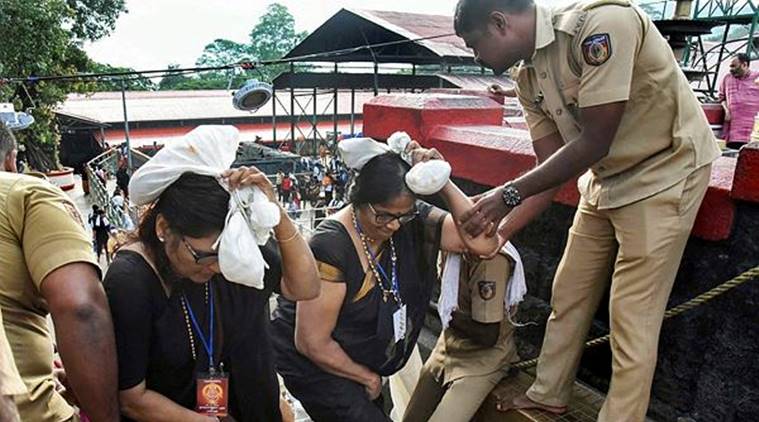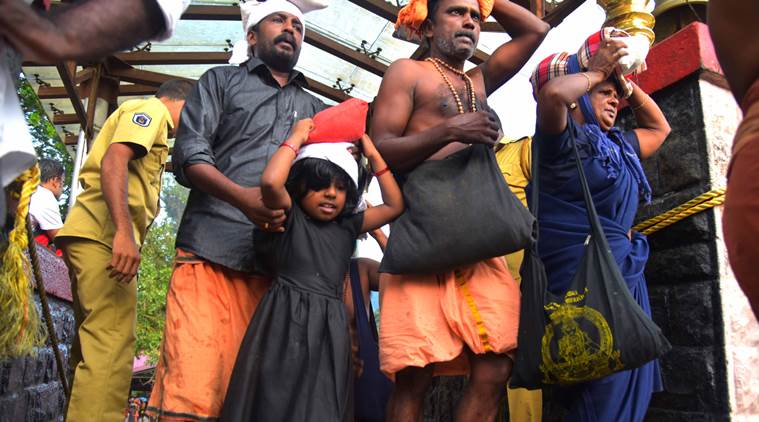
Philip Alston with pupils from Avenue End primary school in Glasgow. Photograph: Murdo MacLeod for the Guardian
The room is packed, people spilling out of the doors. The atmosphere crackles. So it should, for this is what it feels like when an entire society is held to account. Over 12 days, the United Nations’ special rapporteur on extreme poverty and human rights is touring not Bangladesh nor Sudan but the UK. And what Philip Alston has discovered in the fifth-richest country on Earth should shame us all. From Newcastle to Jaywick, he has uncovered stories of families facing homelessness, of people too scared to eat, of those on benefits contemplating suicide.
The room is packed, people spilling out of the doors. The atmosphere crackles. So it should, for this is what it feels like when an entire society is held to account. Over 12 days, the United Nations’ special rapporteur on extreme poverty and human rights is touring not Bangladesh nor Sudan but the UK. And what Philip Alston has discovered in the fifth-richest country on Earth should shame us all. From Newcastle to Jaywick, he has uncovered stories of families facing homelessness, of people too scared to eat, of those on benefits contemplating suicide.

'A political choice': UN envoy says UK can help all who hit hard times
This UN inquiry could prove one of the most significant events in British civil society this decade, for one simple reason: for once, poor people get to speak their own truth to power. They don’t get talked over or spoken down to, lied about or treated like dirt, as happens on any other day of the week. Instead, at these hearings, they speak to Alston and his aides about their own experience. The white-haired Australian academic lawyer doesn’t cross-examine; no vulgar TV debate ensues with some hired contrarian. In its unadorned humility, the process matters almost as much as the press statement on Friday or the report to be published in a few months. Here is someone above party politics, outside the parameters of national debate, determined to treat all sides – poor people, the politicians, the academics and NGOs – as equal.
Bearing their crutches and their prams, the crowd gathered in this east London hall on this Monday afternoon knows visitors like Alston come along but once. “We’re really glad you’re here,” one person tells him, to general approval. That enthusiasm is widespread: the UN team has been deluged by a record-breaking number of submissions (nearly 300 for the UK, against 50 when it toured the US last year); city councils have passed motions requesting his presence. After eight years of historic spending cuts, a decade of stagnant wages and generations of economic vandalism, these people and places want to bear witness.
Without media training, some speak off mic, others run over time. While talking, they clutch friends’ hands or break down. When the subjects are too raw, they look away. But the stories they tell are raw. In tears, Paula Peters remembers a close friend who jumped to her death after her disability benefits were stopped. With nine days to Christmas, “she left behind two small kids”. Trinity says she and her children eat from food banks and “everything I’m wearing, apart from my hair, is from jumble [sales]”.
The welfare secretary, Esther McVey, has never conducted such a listening project. Instead she makes up her own fantasies about the effect of this government’s austerity. This summer she fabricated stories about the National Audit Office’s report into universal credit, for which she was later forced to apologise. A couple of months later, she told the Tory faithful that claims of cuts to disability benefits were “fake news”, just days after House of Commons research showed that the government planned almost £5bn of cuts to disability benefits.
The effect of those malicious government lies resounds through this afternoon. We hear how ministers talking of “shirkers” creates an environment in which people in wheelchairs are spat at. Still in his school uniform, 15-year-old Adam talks about boys being knifed in his suburb and links it to cuts in youth services, in policing, in schools. In this Victorian-built hall, where Sylvia Pankhurst once spoke and the GMB trade union was formed, he half-shouts, half-pleads with Alston: “Label this government as criminal, because that is what they are.”
Over the weekend, I asked Alston whether he heard any echoes between British experiences and the testimonies he heard last December while investigating Donald Trump’s US. “In many ways, you in the UK are far ahead of the US,” he said. He thinks “the Republicans would be ecstatic” to have pushed through the kind of austerity that the Tories have inflicted on the British.
Like others at the Guardian, I have been writing on the debacle of austerity Britain for years now. Rather than the goriest details, what strikes me is how normalised our country’s depravities have become over the course of this decade. Ordinary people speak in ordinary voices about horrors that are now quite ordinary. They go to food banks, which barely existed before David Cameron took office. Or they go days without food even in London, the city that has more multi-millionaires than any other. They spend their wages to rent houses that have mice or cockroaches or abusive landlords. Any decent society would see these details are shocking; yet they no longer shock anyone in that hall. What will remain with me of that afternoon is the sheer prosaic weight of the abuse being visited on ordinary people who could be my friends or family.
Alston has heard so many stories about the toxic failings of universal credit and the malice that is the disability benefits assessment scheme that he is in no doubt about the truth. The question for McVey, who is due to meet the UN party this week, will be how she responds to the weight of people’s lived experience. None of those giving evidence this afternoon want victim status. They are, as Trinity says, “survivors”. What they want is to be heard – and after that they want remedies.
Whether it’s Tony Blair and his “big conversation” or Cameron and his false belief that the Brexit vote was in the bag, leading British politicians don’t do listening – for the simple reason that they wouldn’t like what they’d hear. The evidence about austerity, about economic hollowing-out, about a shoulder-shrugging bureaucracy was all readily available before Alston flew over from the UN. But the government, like most of the press, didn’t want the truth to be acknowledged – because then it would be compelled to act. This is what Britain has been reduced to: hoping that a foreigner has the stomach and integrity to hear and record our decade of shame.



